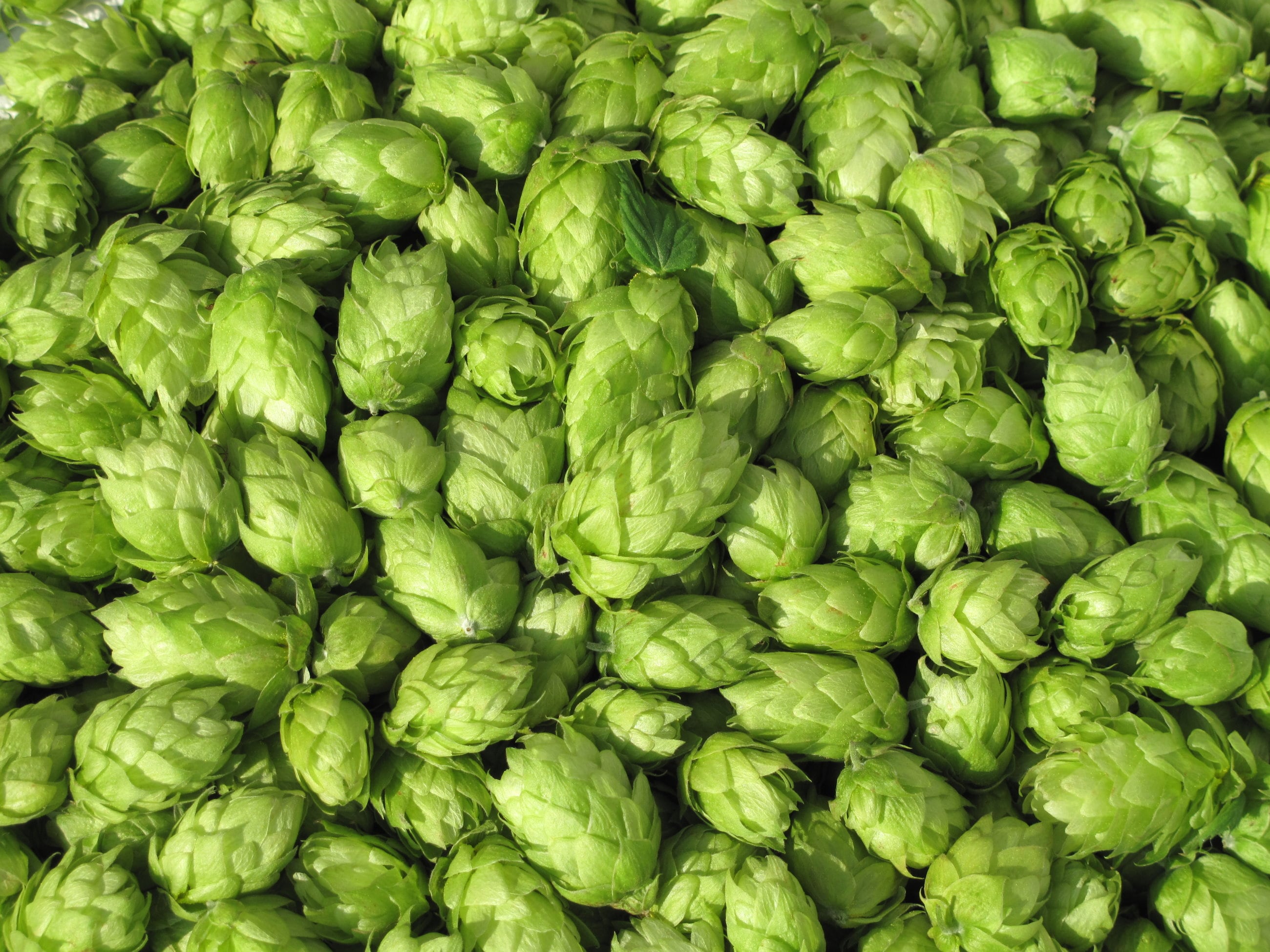The confectionary company has had a dietary supplement branded as CocoaVia on the market for a number of years. That supplement, which is offered direct to consumer in several delivery formats including capsules and stick packs, is the result of long research effort by the company into the health benefits of cocoa.
It had long been surmised that the bitter tannins in dark chocolate held health benefits. For more than 20 years Mars has done research into this class of compounds which fall into the flavanols family. The company now claims that it has published more than 150 papers on the biochemistry and possible health applications of these phytochemicals.
Benefits stemmed first from blood flow
Catherine Kwik-Uribe, PhD, director of R&D and scientific and regulatory affairs for Mars, said the foundation of research looking into cocoa flavanols’ ability to improve blood vessel function by supporting the function of the cells that line the vessels figures into the latest research concentration, which examines the compounds’ ability to improve cognitive function.
Earlier research had pointed the way toward improving blood flow to the brain as a way to boost cognitive function. A 2014 study focused on effects in the dentate gyrus, a specific structure in the hippocampus intimately involved in memory. The degradation of this particular region is associated with age related cognitive decline. That earlier study found that cocoa flavanols boosted the activity in this region as measured by an MRI, and improved the subjects’ performance on cognitive tests.
“What we foundationally know about cocoa flavanols is pretty profound. We know that there is an improvement in endothelial function. What we have been able to establish is that the flavanols are able to keep that layer of cells functioning. That plays into the cognitive function research. If you are keeping your cardiovascular system healthy your are keeping your brain healthy,” Kwik-Uribe told NutraIngredients-USA.
Large scale cognitive benefits study
The cognitive endpoint new study involves 211 subjects, ages 50 to 75. It was structured as a 12-week, double blind, placebo controlled trial that tests three different dosages of Mars' Cocoapro extract (260mg/day, 510 mg/day and 770mg/day), which is what is used in the CocoaVia supplement. Cognitive testing was done at baseline and weeks 4, 12 and 20.
The primary outcome is performance on the Modified Benton Recognition Test, in which subjects are shown 41 complex stimuli for 10 seconds, then must quickly select an appropriate response. Then they are shown 82 stimuli (half of which appeared earlier) and must quickly decide if they had already seen that image, or if it was new.
Secondary outcomes included blood volume in the dentate gyrus as well as three other cognitive tests. Kwik-Uribe said the study has been completed. As the evidence is still being prepared for peer review, she said she couldn’t share specific results but said the company is enthusiastic about what was found.
“We showed these changes in normal, healthy people,” Kwik-Uribe said.
Kwik-Uribe said this latest research combined with earlier studies means Mars has learned a great deal about the mechanisms of action of cocoa flavanols in the brain.
“We don't know exactly but we believe that it is likely more than blood flowing into that region, which may actually involve changes at the neuronal level, including a change in the morphology of the neurons,” she said.
Large scale, long term cardiovascular study
The other large scale trial that is wrapping up is known as COSMOS, or the Cocoa Supplement and Multivitamin Outcomes Study. That study was supported by Mars as was conducted by researchers associated with Brigham and Women’s Hospital, the Harvard Medical School, the Fred Hutchinson Cancer Research Center and the National Institutes of Health.
The study began in 2015 and recruited more than 21,000 participants. Endpoints included looking at whether cocoa flavanols reduced the risk of developing a range of health issues, including heart attack, stroke, cardiovascular disease, cancer.
Kwik-Uribe said her company is optimistic about the results of this research, though it is too early to talk about specifics.
“We have provided the materials and some of the funding but we don’t have any access of the data,” she said. She said the results are expected to be published some time early next year.




